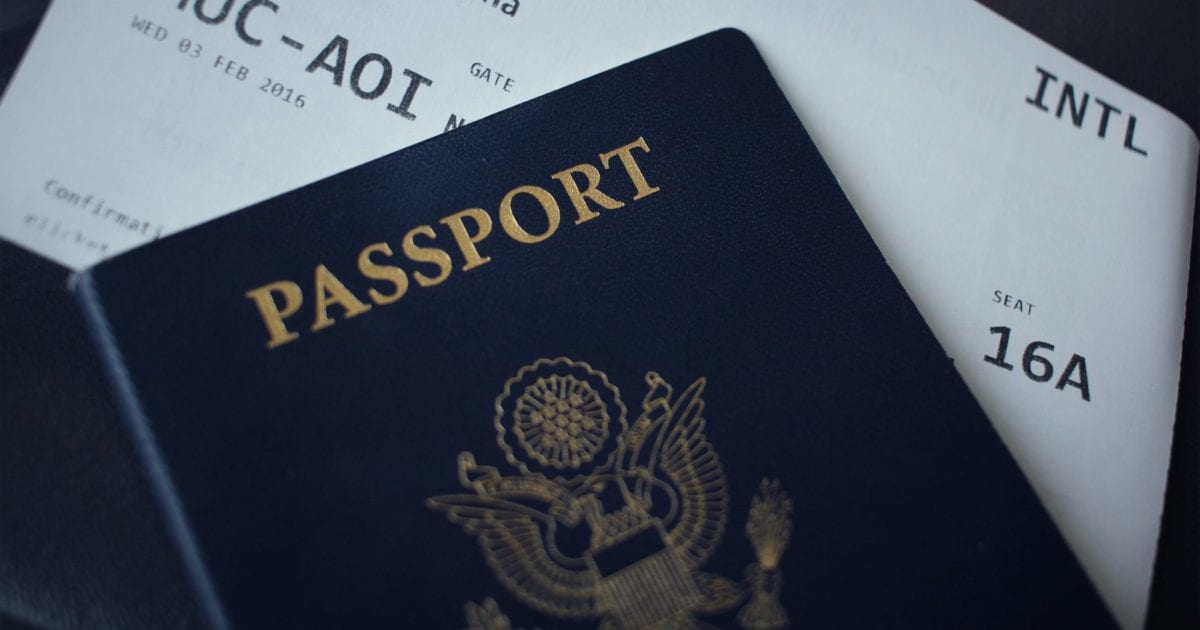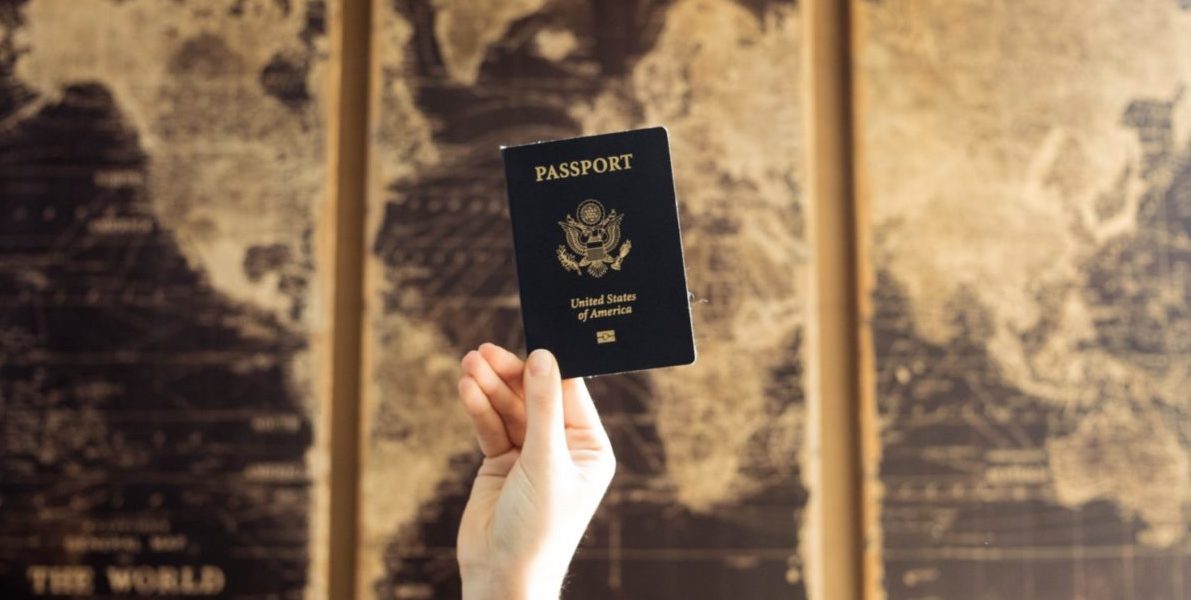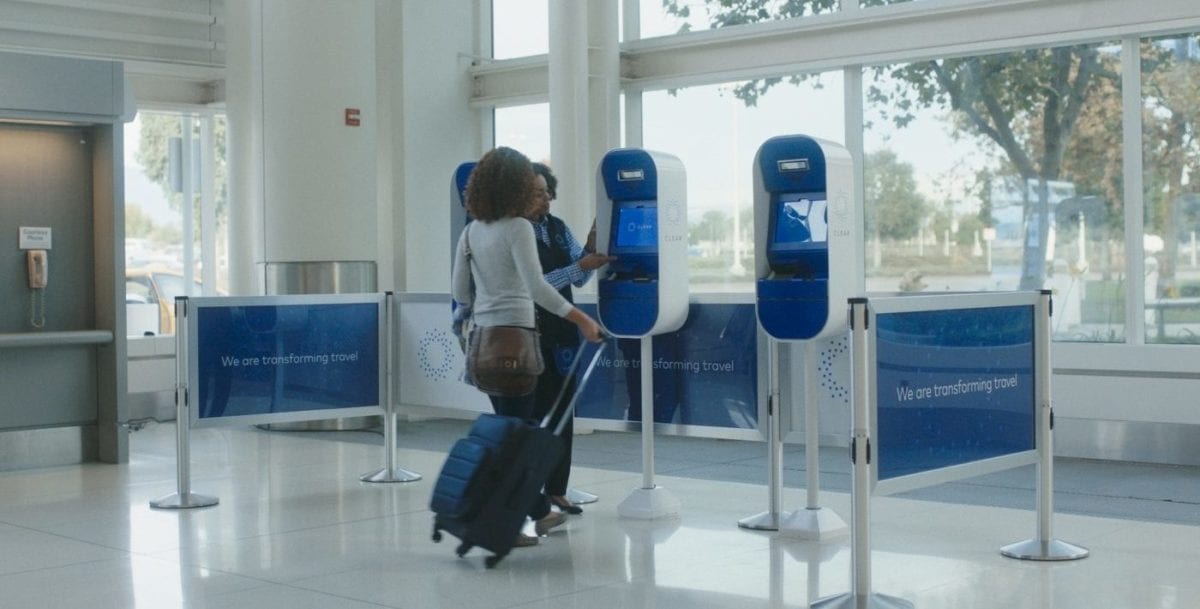Hoping to be able to renew your passport online sometime soon? You'll have to wait a little longer or do it by mail. Despite first announcing it in late 2021 and testing it out as recently as earlier this year, the long-awaited public launch of an online passport renewal system has been delayed … again.
The U.S. State Department had initially targeted fall 2022 to roll out an option for all travelers to renew their passports online but the department has repeatedly pushed back that timeline amid additional testing. Now, the State Department told Thrifty Traveler it is planning to publicly launch online passport renewals at the end of 2023.
In an emailed statement, a State Department spokesperson didn't give a reason for the latest delay but said they ended the latest pilot in March to review the service and improve the user experience based on customer feedback. The upside is that the department says its making the application process more mobile-friendly and will add a new photo tool meant to make it easier to upload a digital, passport-approved photo.
“The Department of State is committed to creating a positive experience for U.S. citizens who can benefit from applying to renew their passports online. Any new endeavor such as an online passport renewal tool requires intensive planning, testing, and revision. Our limited release has provided important information that we are incorporating to improve the customer experience,” the spokesperson said.

President Joe Biden first set online passport renewals in motion in December 2021 with an executive order to streamline many government processes. The State Department launched a limited pilot project with federal employees and government contractors to test out the system in early 2022 and later expanded it to the public in several stages, although not everyone was eligible.
In all, about 565,000 Americans opted to renew their passports online during the trial period, according to the State Department, myself included. While the prospect of being able to easily renew your passport online was appealing, the process wasn't always better – or faster – than renewing by mail.
When the pilot program first started, some travelers reported receiving their new passports as quickly as two weeks. But as testing continued, turnaround times suffered. Some people reported their passport applications hadn't even been assigned to a passport agency weeks, even months, after applying online.
In my case, I applied to renew my passport online in late January with an estimated turnaround time of six to nine weeks. But it took 10 weeks for my application to begin processing and another week before I eventually received a new passport in the mail.
Renewing a passport is a regular part of life for Americans with international travel on their agendas. Passports expire every 10 years or every five years for children under 16. You may need to renew sooner: Many countries around the globe require at least three or even six months of validity on a passport to allow entry.
An online system for passport renewals will be a welcome change for international travelers, who right now only have the option to renew their expiring passports by mailing in their old passport with an application. If they can get the kinks ironed out, the streamlined process should both speed up renewals and maybe relieve the backlog of applications that have been building up as more people look to travel abroad this year.
Currently, the State Department says it will take 10 to 13 weeks for routine passport processing, and seven to nine weeks even if you pay an extra $60 for expedited processing. And that doesn't include shipping, which could take even longer.
Read more: Still Waiting on Your Passport? Here’s What You Can Do Now
Bottom Line
The U.S. State Department is still planning to eventually give travelers the option to renew their passports online rather than by mail. But that option won't launch until the end of 2023 – at the earliest.
If they can iron out the kinks, it could help streamline (and speed up) the process for international travelers.



